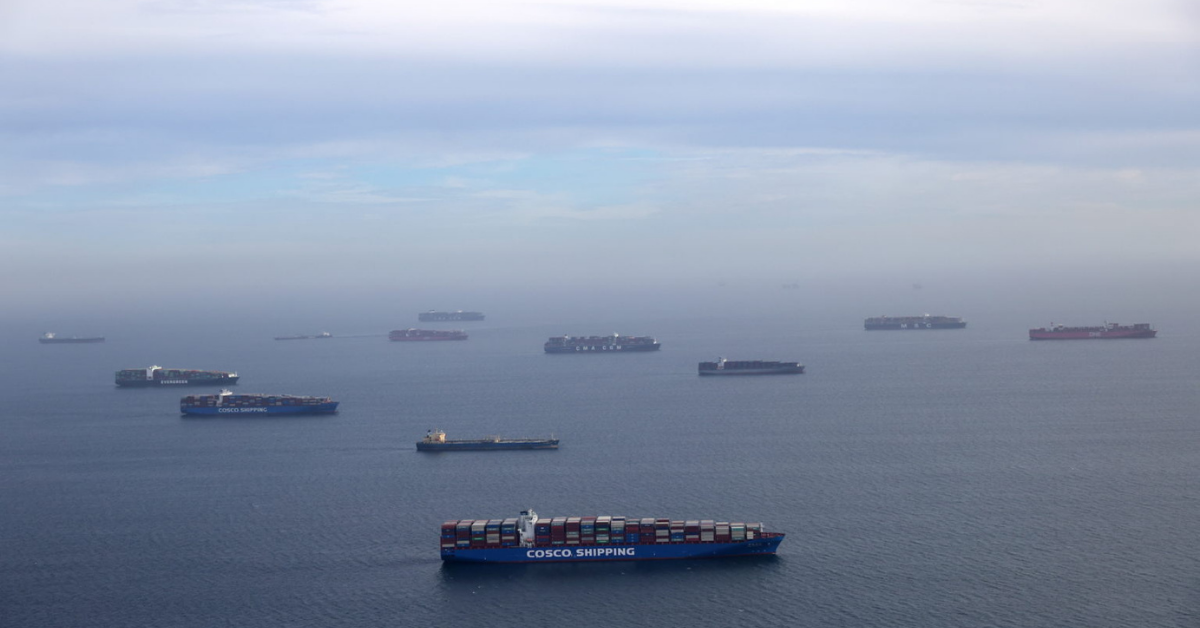Only 35% of the leading shipping companies have committed to decarbonise and have set a goal of net-zero emissions by 2050, reveals a new study looking at the commitment of leading shipping companies tο decarbonisation. This assessment has been conducted by the Mærsk Mc-Kinney Møller Center for Zero Carbon Shipping (MMMCZCS) and is based on the green shipping ambitions of the largest shipping companies, by owned tonnage. Tankers, bulk, container and Ro-Ro/car carriers are the types examined because they are responsible for 70% of global maritime emissions.
Although real progress has been made in reducing emissions of the shipping industry, there is a long way to go for the industry to reach net-zero within the limited time left to transition.
Comparing to other industries, the 35% of shipping companies with IMO or net zero 2050 pledges is low.
KPMG examined, through its report conducted in 2020, the top 100 companies by revenue in 52 countries across all industries. In the results, it has been found that 66% of the automotive industry, 56% of oil and gas and 45% of transport and leisure companies had sustainability reports with carbon reduction targets.
“The MMMCZCS strongly encourages shipowners to set ambitious emissions reduction targets, preferably aligned with a net zero ambition for 2050 or sooner and supplement the pledges with tangible targets and plans already for this decade,” said Bo Cerup-Simonsen, CEO of the Mærsk Mc-Kinney Møller Center for Zero Carbon Shipping.
“Transparency is key for the transition, and there is no doubt that ship owners and operators will increasingly need to be transparent about climate target and actions – not only towards regulators but also to live up to expectations from customers, investors, insurance, the greater public – and not least employees,” continued Bo Cerup-Simonsen.
It should be noted that while requiring shipowners to act, regulators must also step up and implement mandatory reporting requirements on climate-related impacts that are subject to third-party review, according to the Center.
MMMCZS recommends that the requirements should be based on global standards to increase comparability and avoid creating additional reporting burdens. According to the analysis, the container industry has the highest level of ambition with 16 of the 30 largest companies in the sector having already set emissions targets in a 2050 timeline.







